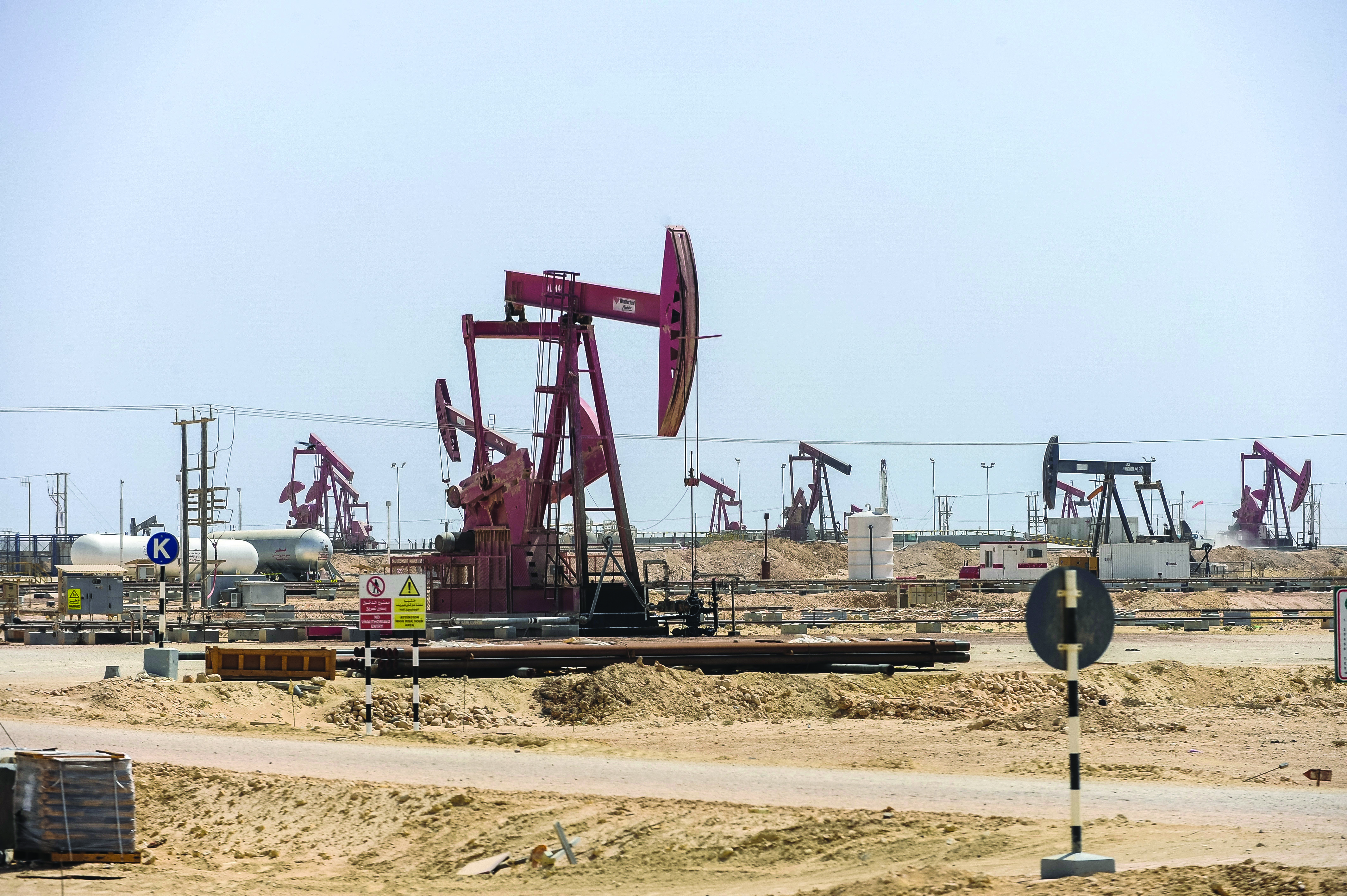
Muscat: The recent growth in oil prices is expected to reduce deficit substantially this year, according to economists and market analysts. Oman government projected a OMR3 billion deficit in state budget for 2018, which is similar to last year’s deficit estimate.
Oman Crude future (January) stood at a two-and-a-half-year high of $65.42 per barrel last week, which is against the government’s assumed price of $50 per barrel for estimating oil revenue.
If the oil price remains around the current level throughout 2018, the oil revenue for the Omani government could increase by roughly a third to the tune of OMR1.5 billion, said Fabio Scacciavillani, Chief Strategy Officer, Oman Investment Fund (OIF).
“This would be sufficient to halve the deficit to GDP ratio. The government has emphasised that any revenues in excess of the budgeted amount will be primarily devoted to lower the debt, which in my view is sensible,” added Scacciavillani.
“Government revenue of OMR9.5 billion is 9 per cent higher than what was budgeted in 2017, and 3 per cent higher than 2017 actuals. If oil prices stay at current levels for a significant portion of the year, we will see further increase in 2018 revenue growth,” added Joice Mathew, Head of Research at United Securities.
Echoing a similar view, Suresh Kumar, Head of Research at Al Maha Financial Services, said that unlike in the last couple of years, there is likelihood for a lower deficit as compared to the budgeted in this year. “Oil prices are expected to be in the $55-$60 range as against assumption of average oil price at $50 per barrel in the budget,” added Suresh Kumar.
“This is a budget with clear plans to tackle the government’s finances and expenditures. If oil price remain at these levels for an extended period of time, we think the government will have more confidence for enhanced spending, which would trigger further increase in economic activities towards the latter half of the year,” noted Mathew of United Securities. Oman government plans to borrow OMR2.1 billion from international markets and another OMR400 million from domestic market to partially meet the projected deficit of OMR3 billion. “Borrowing from international markets is of paramount importance to ensure that the private sector growth be not choked by a credit crunch. In other words, this substantial capital inflow will maintain a healthy degree of liquidity in the banking system, allowing access to credit at low rates for firms and households,” noted Scacciavillani.
“The government has followed a policy of not disturbing the domestic liquidity or stressing the local institutions for its budget funding needs in 2016 and 2017, and looks like following the similar strategy in 2018 as well,” said Mathew.
Budget is a balanced one with a realistic vision and tries to attract investment from the private sector for economic development. “We expect the government might achieve targeted growth of 3 per cent in 2018 as a result of diversification efforts which were in place since 2015. The results of these efforts are likely to be seen in 2018,” noted Mathew.